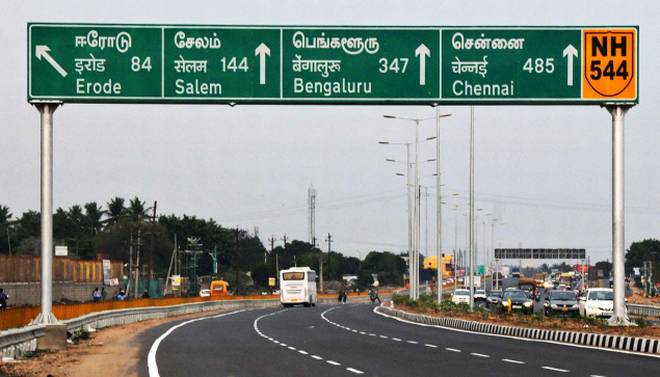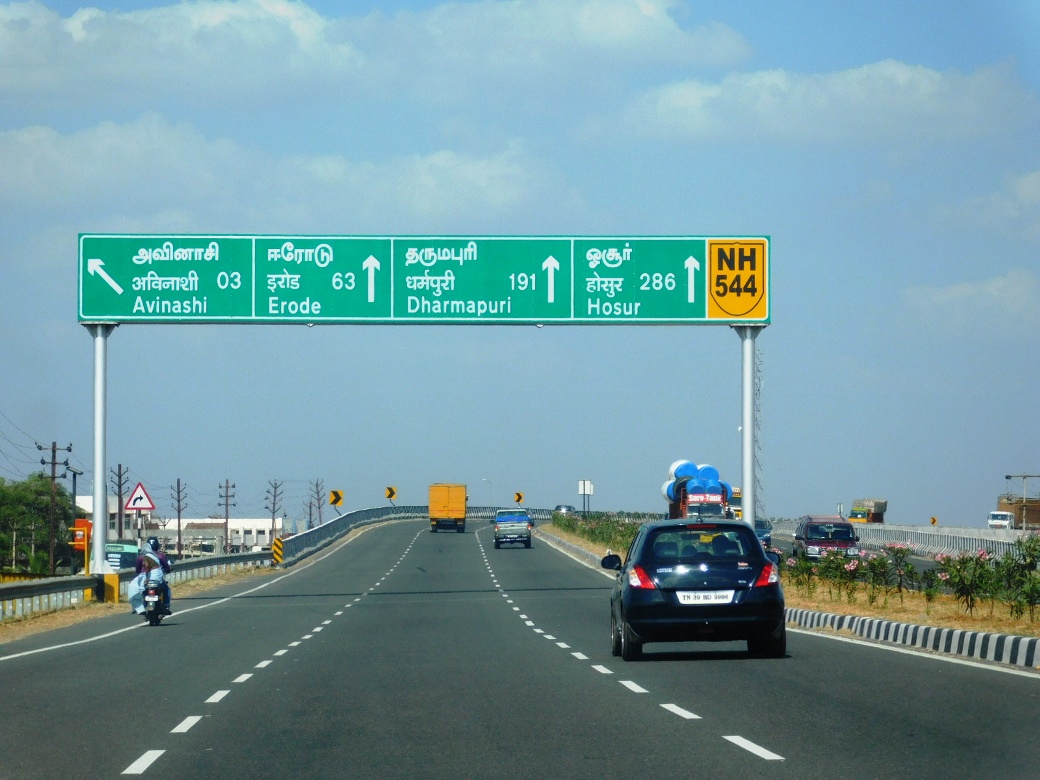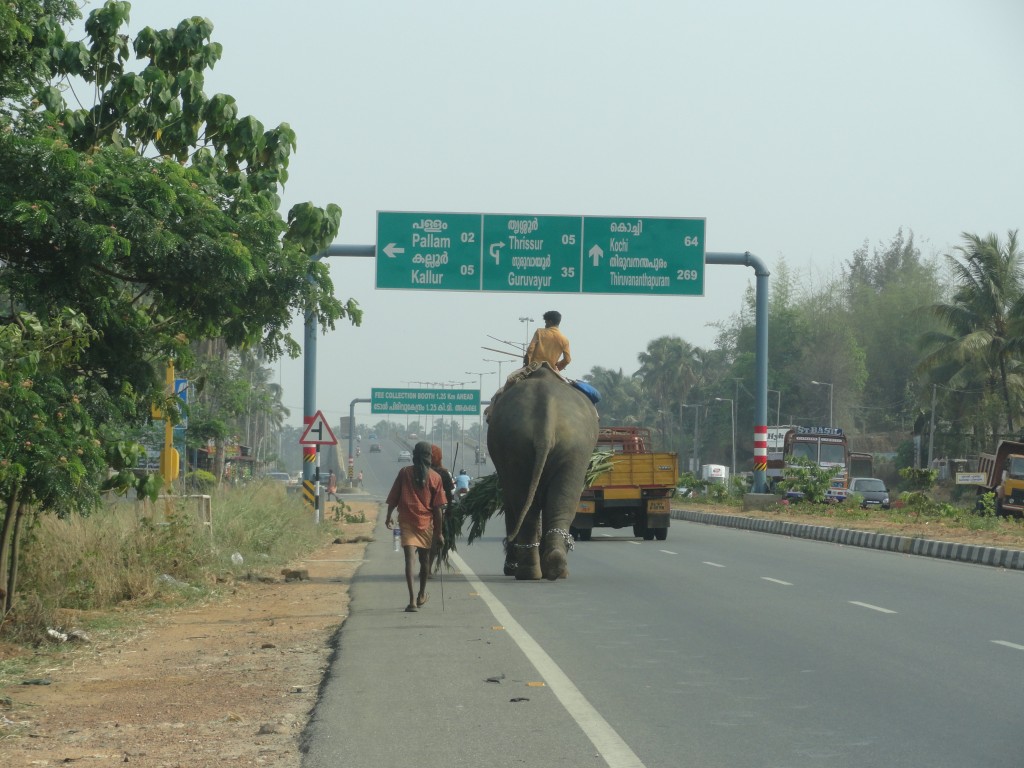Speed Limit On Expressways and Highways Increased In India
The government has increased the speed-limit on Indian roads to 120kmph from 100kmph for personal four-wheelers on expressways while the maximum speed allowed for taxis/cabs has been capped at 100kmph, up from 80kmph earlier.
 The speed-limit on the national highways has also been revised and raised to 100kmph (up by 20kmph) for cars and to 90kmph (up by 10kmph) for taxis/cabs. With a 20kmph hike, the speed-limit for two-wheelers and commercial vehicles is now 80kmph on highways.
The speed-limit on the national highways has also been revised and raised to 100kmph (up by 20kmph) for cars and to 90kmph (up by 10kmph) for taxis/cabs. With a 20kmph hike, the speed-limit for two-wheelers and commercial vehicles is now 80kmph on highways.
On city roads, personal cars and taxis have a similar speed-limit of 70kmph and that for the two-wheelers has also been increased to 60kmph from 40kmph.

It is important to note that the above-mentioned speed limits are only applicable on certain stretches of expressways and national highways, and one has to follow the lower speed limits stipulated for twisties and other low-speed zones. Additionally, these speed-limits are not valid for roads passing through any town or village as they are regulated by the state governments.
What do you think of the increase in speed limits? Is it a right move by the Ministry Of Road, Transport and Highways? Regardless of the divided opinions, it is important to feel planted on the highways and under control because one hesitant move could put your life in danger. Wary of the bumpy sections and be prudent on the throttle without exceeding stipulated speed limits.

It is easy to get carried away by people or animals crossing by and having a relaxed mindset is another key asset for taming the highways or expressways. Switching lanes abruptly can cause disturbances and during close traffic situations, it might trigger domino effect. Putting a foot wrong can prove to be fatal within a blink of an eye and thus always avoid being drowsy.



















